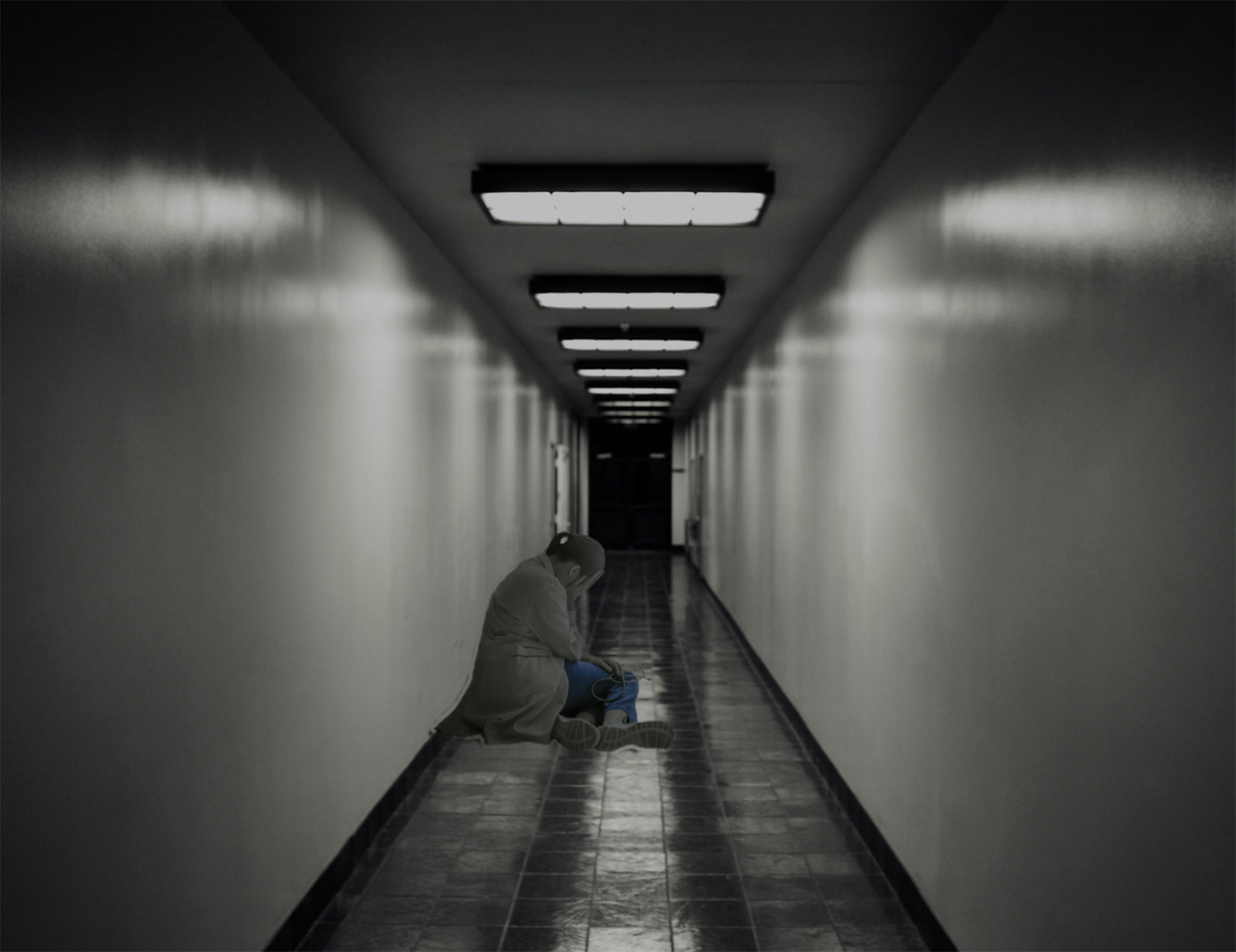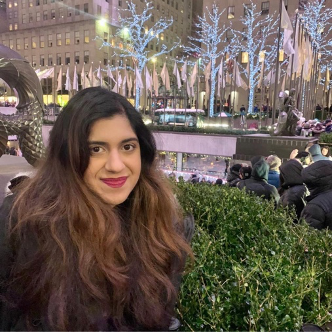
The demands of their profession and society’s expectations put enormous pressure on physicians, leading to mental illness. Photo: www.freepik.com and https://wallpapersafari.com/w/OTsxzw
With COVID-19 cases soaring and more workload than doctors can handle, their lives are at risk by not only from the virus but by their own hands.
In late April 2020, the United States COVID-19 case count had just topped one million. In New York, one of the disease’s epicenters, Dr. Lorna Breen, medical director of the emergency department at a Manhattan hospital, died by suicide. Her death is likely a tragic consequence of the pandemic, but physician suicide has been an ongoing epidemic of its own for some time.
Studies show a high prevalence of physician suicide, something that could be worse under the shadow of the pandemic.
Dr. Christine Moutier of the University of California estimates about 400 doctors die from suicide each year in the United States; the highest rate of any of the professions. In Canada, a study of 3,213 physicians found that 20 per cent and 29 per cent of male and female physicians, respectively, experienced depression. The same report concluded physicians are about three times more likely to commit suicide than the general population.
The film “Do No Harm” by Robyn Symon brings light to this “hidden epidemic” by suggesting that a reform of the medical system needs to be made.
Just from the trailer of the film, it is seen that sleep deprivation and long hours of work make medical errors more likely. Notably, in the United States, 250,000 patients die per year due to medical error. Thus, a doctor’s burnout is not only a risk to themselves, but also may pose risks to their patients.
A tremendous amount of responsibility and competency is expected in a physician’s career. It is no secret they have a crushing workload. Reaching medical school is becoming more competitive; staying in school and competing for residency programs is the same. The compulsion to overachieve and stay on top of responsibilities can be daunting.
Just getting to medical school takes great discipline: endless hours of studying, superior time management skills, and a bar for success that is raised every year due to an increasing number of applicants and competition. Once in medical school, competing for the very few spots in residency programs can be even more stressful.
The pressure is on. Burnout can soon follow.
What happens to the physician that seeks help? A diagnosis of a mental health problem carries a stigma. It is thought to reflect poorly towards the physician’s capabilities. This belief drives physicians to avoid seeking self-help treatments.
“We have a system where people [physicians] fear punitive consequences if they get help”, Dr. Moutier says.
Research led by Dr. Katherine Gold of the University of Michigan Medical School looked at data from 2,100 respondents. Her work shows that among female physicians, half reported fear of stigma as a reason for keeping quiet about their mental illness and only six per cent reported their mental illness to state licensing boards. This shows that physicians are reluctant to share information or to reach out for mental health treatment as their confidentiality would be compromised once reports are made.
Self-care measures are starting to be included as part of the medical education system, but as the alarming numbers of suicide suggest, there is an even longer road ahead when addressing physician suicide.
Adding to this is COVID-19 creating an environment that is completely different, unfamiliar, and new in its nature.
McGill University’s faculty member, Dr. Jason Harley, suggests there needs to be new studies just looking at how health care professionals are dealing with the pandemic and what works in order to support doctors during the time where “we need them at their best.”
COVID-19 brought a time of crisis. It also exposed how important our doctors are to all of us.
Doctors are there for us. We must be there for them.
References
-
https://globalnews.ca/news/6976055/research-emotional-wellbeing-physicians-nurses-coronavirus-pandemic/
-
https://www.ctvnews.ca/health/systemic-change-needed-to-address-suicide-among-physicians-in-canada-doctors-1.4409343
-
https://ihpi.umich.edu/news/fear-stigma-or-sanction-keeps-many-doctors-revealing-mental-health-issues-study-finds
-
https://www.cmaj.ca/content/189/39/E1240
-
https://healthydebate.ca/2019/08/topic/medical-error-causing-death#:~:text=The%20article%20estimated%20that%20as,report%20on%20error%2Drelated%20deaths.
-
https://www.donoharmfilm.com/watch_now
-
https://med-fom-ubcmj.sites.olt.ubc.ca/files/2017/03/v8i1-news3.pdf
-
https://www.cmaj.ca/content/189/39/E1240#:~:text=Moutier%20presented%20data%20on%20the,die%20by%20suicide%20every%20year.
-
https://globalnews.ca/news/6876824/nyc-doctor-suicide-coronavirus/
-
https://www.cidrap.umn.edu/news-perspective/2020/04/us-hits-1-million-covid-19-cases-states-take-testing
By: Roxaneh (Roxana) Zaminpeyma

Roxana is a McGill graduate who holds a Bachelor’s degree in Anatomy and Cell Biology with a minor in Social Studies of Medicine. She is currently a candidate for a Masters in Experimental Surgery at McGill. She is an aspiring clinician-scientist who is passionate about immunology, neurodegenerative research, patient advocacy, humane caregiving as well as medical history and technology. Her goal is to translate scientific content into words and images that can bring understanding to all her readers.
